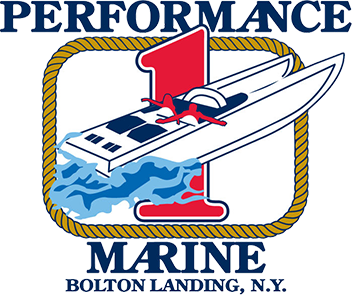Village May Consider New Fees to Upgrade Waste Water Treatment Plant
As Lake George Village prepares for the new development that is expected to arrive in the wake of zoning changes permitting the construction of multi-story hotels on Canada Street, officials are open to the idea of imposing surcharges on the new development to help fund improvements to the waste water treatment plan, said Mayor Bob Blais.
“We’re looking at other communities with similar local laws,” said Blais. “We hope to have something for the Board of Trustees to consider before summer.”
While many communities levy development fees for recreation or open space protection, Lake George’s fees would be dedicated exclusively to projects that would maintain or increase the capacity of the waste water treatment plant to manage larger sewage flows, said Blais.
“If the Village does impose fees on new development, the Town of Lake George should do it as well, since the Village treats sewage from the Town and the Town is also encouraging the redevelopment of commercial properties,” said Blais.
Supervisor Dennis Dickinson said he believed the proposal deserved serious consideration by the Town Board.
According to Lake George Waterkeeper Chris Navitsky, who also supports the proposal, fees dedicated solely to waste water treatment plan improvements would in all likelihood withstand judicial scrutiny.
So-called impact fees, which had no such designated purposes, have been declared illegal by the courts.
“The demands that will be placed upon the waste water treatment plant by any new large development will become a cost to the community, and those costs should be shared by those who are placing new demands upon the infrastructure,” said Navitsky.
Navitsky said the treatment plant needs to be improved in part to reduce the nitrogen in the groundwater that is seeping from the plant into West Brook and ultimately into Lake George.
Excess nitrogen is among the most significant sources of whatever pollution may be found in Lake George and its tributaries, said Navitsky.
“In high concentrations, nutrients such as nitrogen and phosphorus result in the growth of large amounts of algae and other nuisance plants in streams and lakes. The decay of these plants and algae can cause areas of low dissolved oxygen, known as dead zones, that stress or kill aquatic life,” said Navitsky.
For the past three years, New York State’s Department of Environmental Conservation has cited the Village regularly for exceeding acceptable levels of nitrate discharges, said Navitsky.
Lake George Village officials are well aware of the problem, and have taken steps to address it, said Blais.
In 2012, the Village’s Board of Trustees agreed to borrow $2.2 million from the NYS Environmental Facilities Corporation to improve the Waste Water Treatment Plant. The improvements include new sand beds, which will reduce the discharge of nitrates into groundwater.
“When work planned at the plant is completed, we will have lowered nitrate levels,” said Blais.
According to Navitsky, replacing the sand beds will not, in itself, prevent nitrogen from seeping into West Brook, a fact Blais acknowledges.
“Replacing the sand beds will by no means solve the problem. A second phase of improvements will help the nitrate problem, but that can’t begin until the first phase is completed,” said Blais.
Some of the funding for that second phase could come from the fees imposed on developers, said Navitsky.
“Removing nitrogen before it enters the groundwater could be a million-dollar project. Grants, issuing bonds and imposing fees will all be necessary if a project of that scope is to be funded,” said Navitsky.





